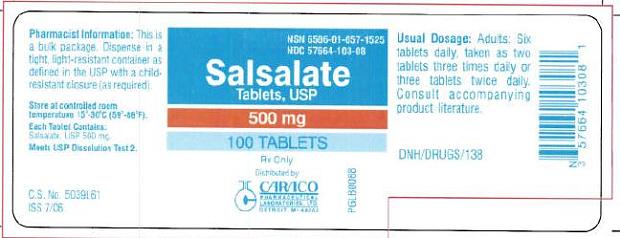I should be reporting on new drugs in the pipeline on a weekly basis, as the race to find breakthrough treatment for Alzheimer’s always grabs headlines. Perhaps I’ve been reluctant these days as so many get their hopes dashed when they find out these miracle cures are still in stage 2 clinical trials, mouse trials or even a petrie dish. For families struggling with this disease, progress seems painfully slow. When it was first suspected in my mother back in 1998, our primary care physician assured me that “By the time you’ll have to worry about it, there will be effective treatments”. Well that was seventeen years ago and I’m still sweating it out like a kid on a long car trip asking “Are we there yet?”.
I’ve been through the process with Mom. Clinical trials are a huge investment of time and hope which can easily be dashed when you find out you’ve been wasting time on a placebo—-or the drug trial was canceled because it was found to lack any proof of efficacy or (even worse) had dangerous side effects.
So when a friend called my attention to this latest study on an existing drug, I got that flurry of excitement. Any treatment based on a previously approved drug could be prescribed for an off label use as the safety and side effect profile are known. The generic name of the latest miracle pill is “Salsalate”. If you guessed it was a cousin of salicylic acid, you would be right! It’s related to the oldest known medicine to man– aspirin. However, unlike aspirin, Salsalate does not carry the risk of gastrointestinal bleeding. That’s a big bonus when you consider how traditional NSAIDS do. Salasate is currently used to treat arthritis but we can be sure that neurologists will eagerly add this to the arsenal of Alzheimer’s drugs that, to date, have been very disappointing.
For more on this story, check out the Telegraph.





